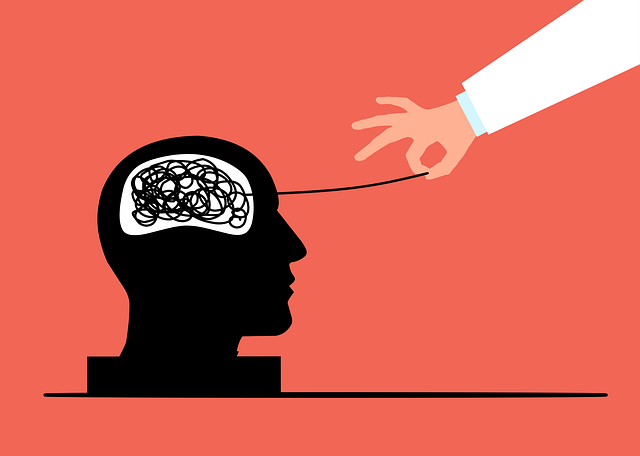Mental wellness podcasts dedicated to trauma recovery play a critical role in raising awareness about hidden trauma impacts on mental health. They promote therapy for trauma, offering specialized coping mechanisms and self-care routines for resilience building. By creating safe, non-judgmental spaces with expert insights and empathetic language, these podcasts support listeners' emotional healing journeys. Effective guest selection, including licensed therapists and survivors, coupled with open-ended questioning techniques, ensures high-quality episodes packed with practical advice from authentic healing conversations.
“Unleash the power of mental wellness through podcast series production. In today’s digital landscape, audio content is a game-changer for sharing healing stories and providing therapy for trauma. This comprehensive guide explores three key aspects: understanding trauma’s profound impact on mental health, creating a therapeutic podcast environment, and mastering guest selection with effective interviewing techniques.
Dive into these essential topics to learn how your podcast can become a sanctuary for healing and growth.”
- Understanding Trauma and Its Impact on Mental Health
- Creating a Therapeutic Podcast Environment: Tips for Producers
- Guest Selection and Interviewing Techniques for Healing Conversations
Understanding Trauma and Its Impact on Mental Health

Trauma, a profound and often unexpected event, can have lasting implications for an individual’s mental health and overall well-being. It’s crucial to understand that trauma doesn’t always manifest in obvious ways; it can be deeply ingrained within the mind, influencing behaviors, emotions, and thoughts over time. This hidden nature makes it imperative for mental wellness podcasts to dedicate episodes to raising awareness about trauma and its impact.
In addressing trauma, therapy plays a pivotal role. Through specialized approaches like therapy for trauma, individuals can learn coping mechanisms, process past experiences, and develop self-care routines (a key aspect in enhancing mental health) that foster resilience. Additionally, social skills training and conflict resolution techniques—often discussed in these podcasts—equip people with essential tools to navigate interpersonal interactions, further supporting their recovery journey.
Creating a Therapeutic Podcast Environment: Tips for Producers

Creating a safe and supportive space is paramount when producing a podcast focused on mental wellness, especially for topics like trauma recovery. Podcast producers play a crucial role in fostering an environment that encourages emotional healing processes and promotes resilience building. Here are some tips to achieve this:
First, ensure the podcast’s tone is calm, inviting, and non-judgmental. Use warm introductions and gentle transitions between segments to create a soothing atmosphere. The host should have a genuine, empathetic approach, allowing guests to share their stories freely. Incorporate natural pauses for reflection and consider using ambient sounds or soft music to enhance relaxation. Additionally, providing a platform for experts in therapy for trauma to share their insights and emotional well-being promotion techniques can be immensely valuable for listeners navigating similar challenges.
Guest Selection and Interviewing Techniques for Healing Conversations

Selecting the right guests is paramount for any mental wellness podcast series production focused on healing conversations. When it comes to therapy for trauma, experts in the field such as licensed therapists, psychologists, and survivors who have overcome their struggles can provide invaluable insights. These individuals bring not only professional knowledge but also authentic personal experiences that resonate with listeners dealing with similar challenges.
During interviews, utilizing effective questioning techniques is key. Open-ended questions encourage detailed responses, fostering a safe space for guests to share their journeys. It’s important to create an environment where the guest feels comfortable and understood. This approach not only enhances the quality of the podcast episode but also ensures that listeners gain practical advice and emotional support from these healing conversations.
Mental wellness podcast series have the potential to be powerful tools in providing therapy for trauma, offering a safe space for healing conversations. By understanding trauma’s impact on mental health, creating therapeutic environments, and employing effective interviewing techniques, producers can facilitate meaningful discussions that resonate with listeners. This article has explored these aspects, providing insights into how to navigate the process of guest selection and create content that supports individuals on their journey towards recovery.











